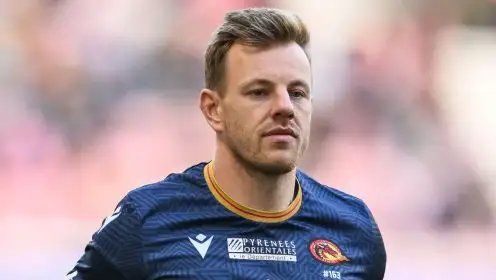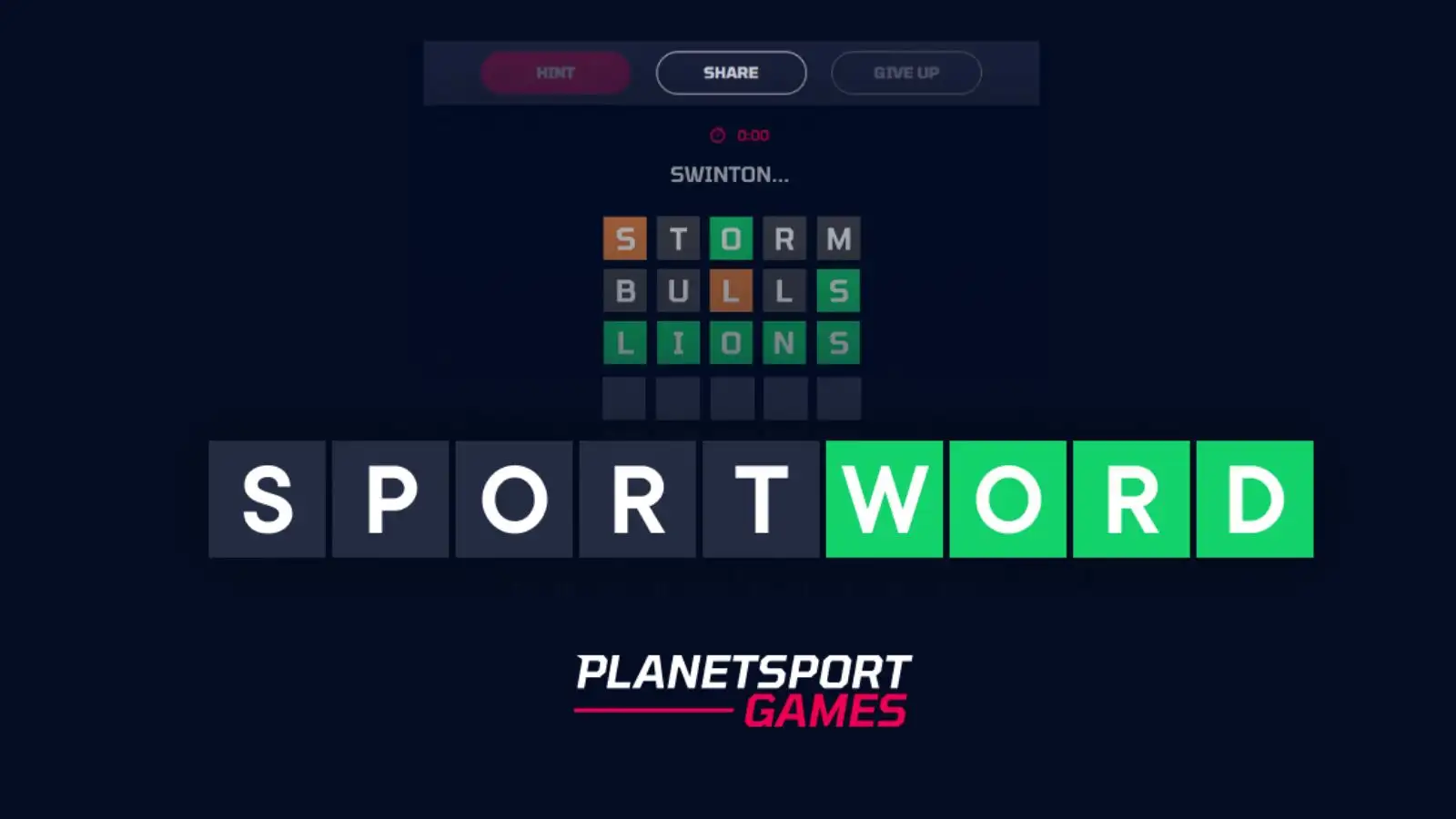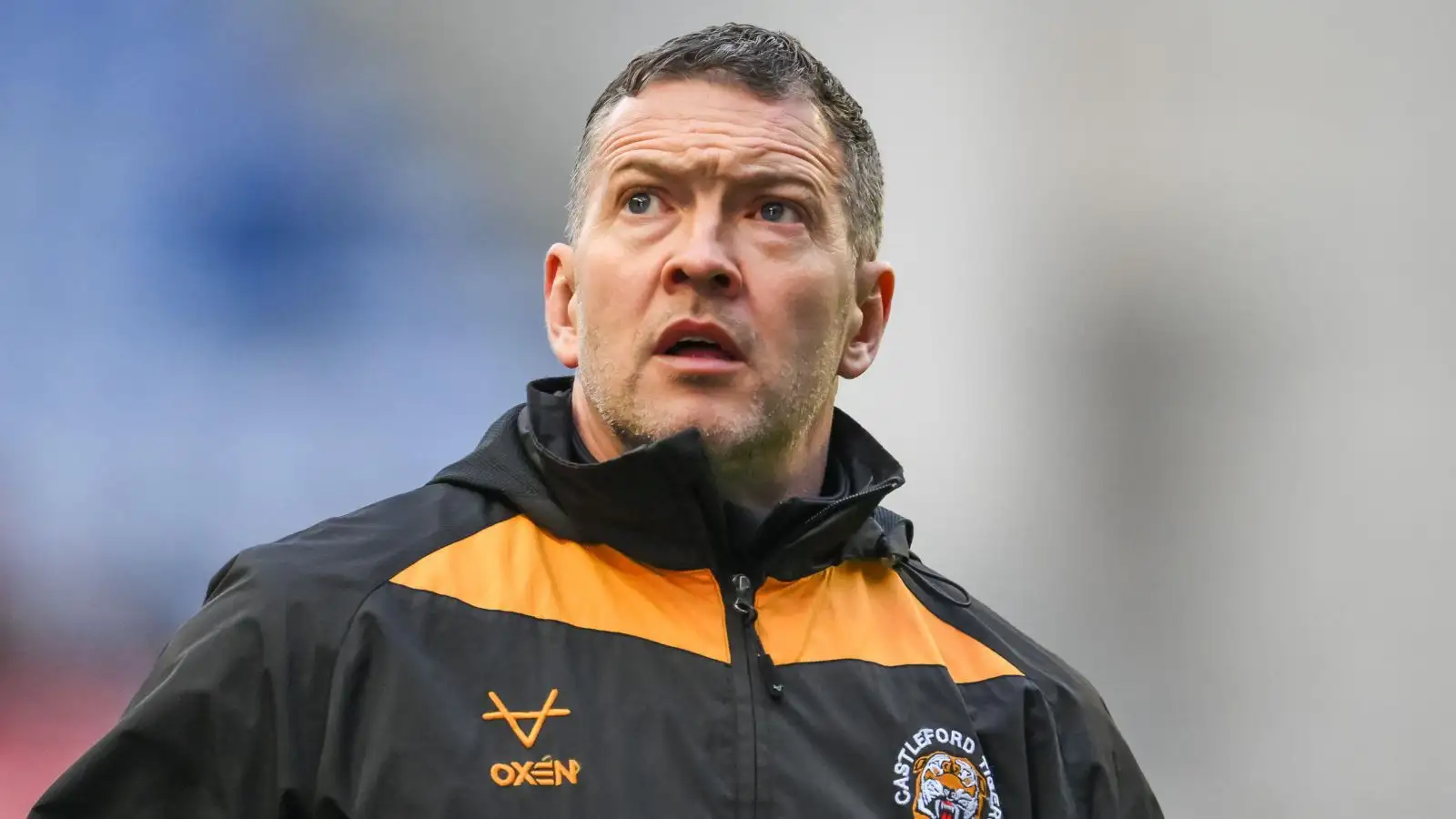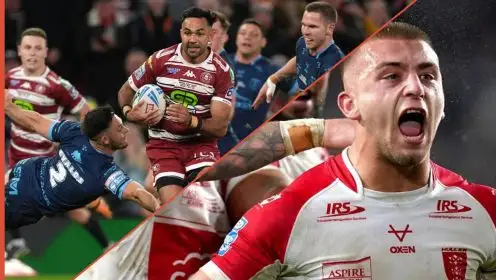Heads in the sand
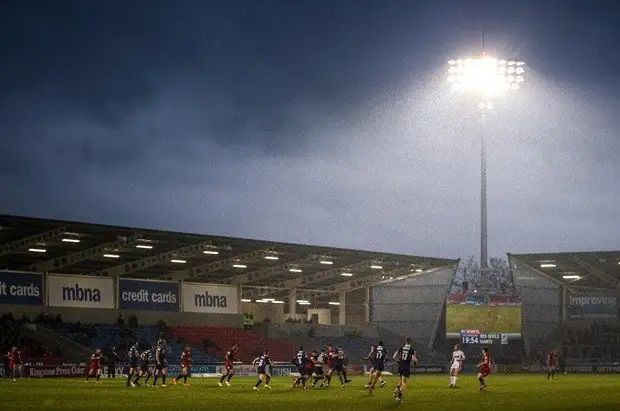
Let’s be honest, 2016 in British rugby league was not a great year.
Too many games of poor quality, few star names in the Super League, problems at the disciplinary committee, injury after injury after injury, dropping attendances, clubs close to going bust – you name it, it had it.
In the off-season things seem to have gotten worse, with the sport lurching from crisis to crisis.
Players walking out on contracts, redundancies at head office, failure in the Four Nations, the Dubai camp drama, funding cuts and then to top it off the Bradford circus rolling into town once more.
It’s been one entire balls up.
Not all of these issues have directly been the RFL’s fault, some have, but they are the governing body. They are the custodians of the game and in many of these situations they have dropped the ball.
And mostly they have tried to spin their way out with a “everything is fine” message.
That was the case at the end of last year when Nigel Wood told the assembled media that there was no club vs country conflict when it came to the controversial England pre-season camp in Dubai. Not long after the camp was cancelled. So much for a ‘no club vs country argument’. And don’t get me started on the sense of a holding a camp in a country where a man was jailed for trying to develop rugby league.
Then there’s the farcical issue of the 2017 season draw where there is two weekends of doubleheaders, where teams play two games in four days, made especially to fit in the Dubai camp. Player welfare anyone?
Then there’s the issue of each Super League club needing to have a reserves team, one thorny situation the RFL has palmed off for the clubs to decide themselves.
The result? Only a few clubs will operate a second-side, so many young players will go months with no matches to play in. That will surely help their development.
Then there’s the issue of bullying in the RFL’s match officials department, which has already seen a number of referees quit. Young referee Joe Cobb is the latest to depart. Newspaper League Weekly has impressively uncovered this.
Then there’s the issue of financial support for Scotland Rugby League, which is run on the smell of an oily rag, where the RFL cut their funding back in 2013. At the Four Nations they made history with their shock draw with New Zealand. In December last year Wood said: “International rugby league owes them a debt of gratitude for turning up and playing strongly and achieiving what they did. So we’ll be doing our best we can to help them.”
What that ‘help’ actually entails, nobody knows. But we do know Scotland can’t exist on good intentions. Steve McCormack is a great coach, but he’s not that good.
Then there’s the issue of financial support for Wales Rugby League, who have already made two staff redundant in anticipation of their funding cut at the end of 2017. The RFL is supposed to be the governing body for the sport across all of the UK, not just England.
Then there’s the issue of the bloated Super 8s structure, which packs in game after game in a mad dash for revenue. Problem is, fans are mostly voting with their feet and not turning up. It is a race to see which club can keep their players fit and on the field, not a race to Old Trafford.
And the Super 8s are hitting the clubs in the hip pocket as well, with Castleford losing money in 2015 and Wakefield losing money in 2016 to name just two.
There are some positives to the Super 8s structure, with the Million Pound game involving Salford and Hull KR delivering riveting entertainment and genuine tension, but it also has many problems. The thrilling Million Pound game, enjoyable grand final, tense Challenge Cup final and some entertaining late season contests were too few and far between.
I can go on.
The poor state of rugby league in Cumbria, the lack of Championship footy on TV screens, dwindling amateur participation, dubious Four Nations venue scheduling, sparce mainstream media coverage of rugby league, supporter trouble in venues, no players’ union, culling of the World Club Series, dilapidated stadiums etc etc etc. After a while you just become a broken record.
The RFL is right when it says it is not its duty to run individual clubs, and much of the financial problems at the likes of Bradford and York are the owners and management’s fault.
But it is the RFL’s duty to create an environment that helps clubs thrive and grow, create a competition where a club going to the wall is a rarity, not commonplace. It is its duty to properly vet and approve who takes over at a club. Going into administration three times in five years should set some pretty big alarm bells off.
There is some good news out there – the arrival of Toronto, the resurgence of Rochdale, rebuilding at Wakefield, Hull FC becoming a top contender – but at the moment it’s hard to find.
A lot of people I talk to rugby league, and I mean players, coaches, fellow journalists, supporters, officials and agents, are concerned about where the sport is headed. Some fans are turning off, including those who have followed the game their whole lives. Rugby league can’t afford to lose these people. Apathy is growing at an alarming rate.
There is a lack of transparency and accountability at the top. There is a desperate need for strong leadership going forward.
Nothing will change with a ‘everything is fine’ view. A lot of people in rugby league have their heads in the sand.
But the Bulls administration and then liquidation may be a turning point. Many are now speaking out and asking questions. It seems as though no lessons were learnt from the Crusaders debacle in 2011. Many involved in that episode must have strong feelings of déjà vu now when it comes to Bradford.
Wood and Ralph Rimmer yesterday tried to repair their bruised reputations at a Bradford-themed media conference yesterday for the select few. But there’s no spinning away from the general malaise that is engulfing rugby league. They will surely face even pricklier questions if things continue on and off the field in 2017.
